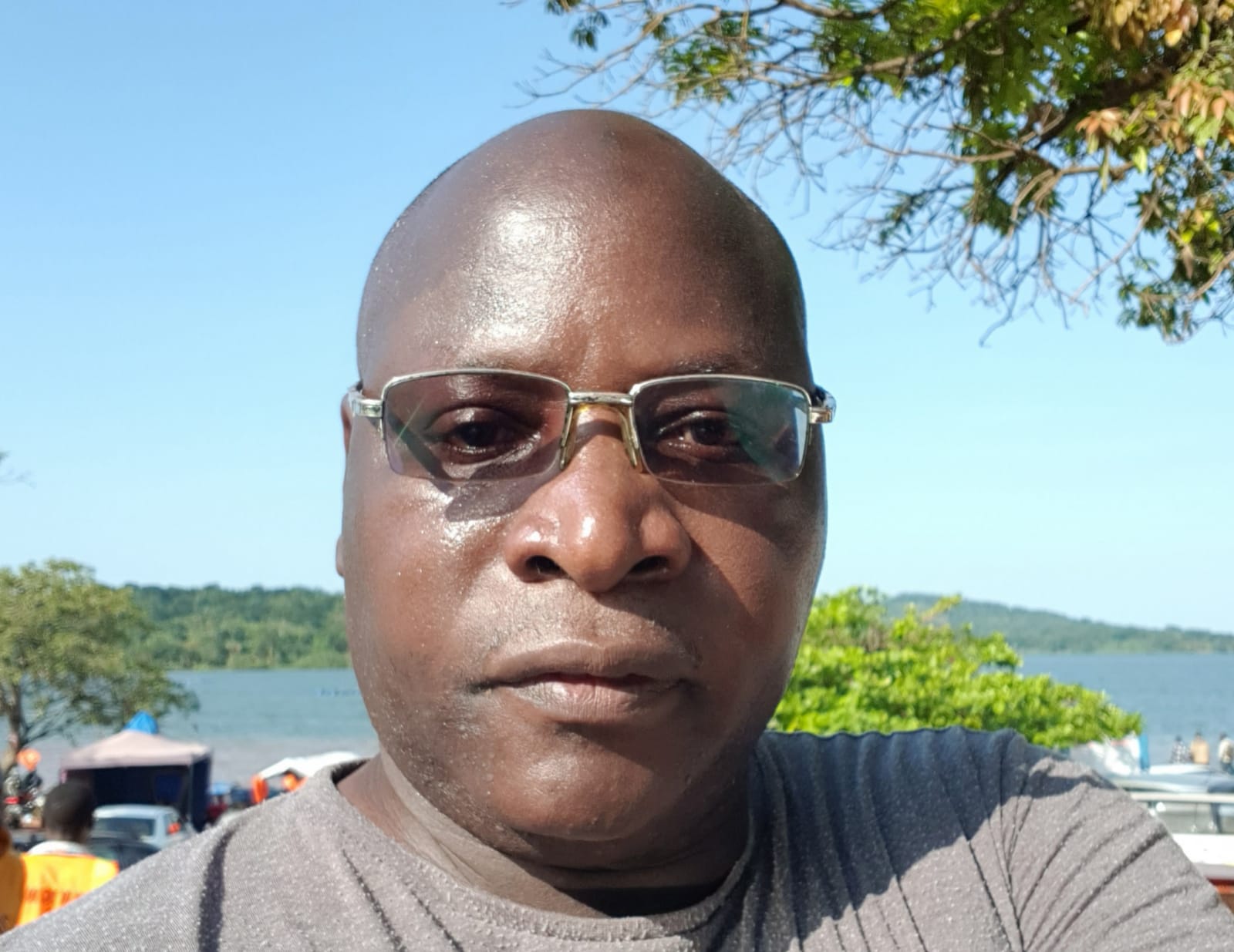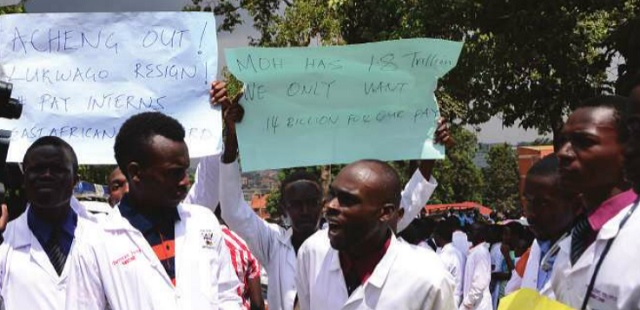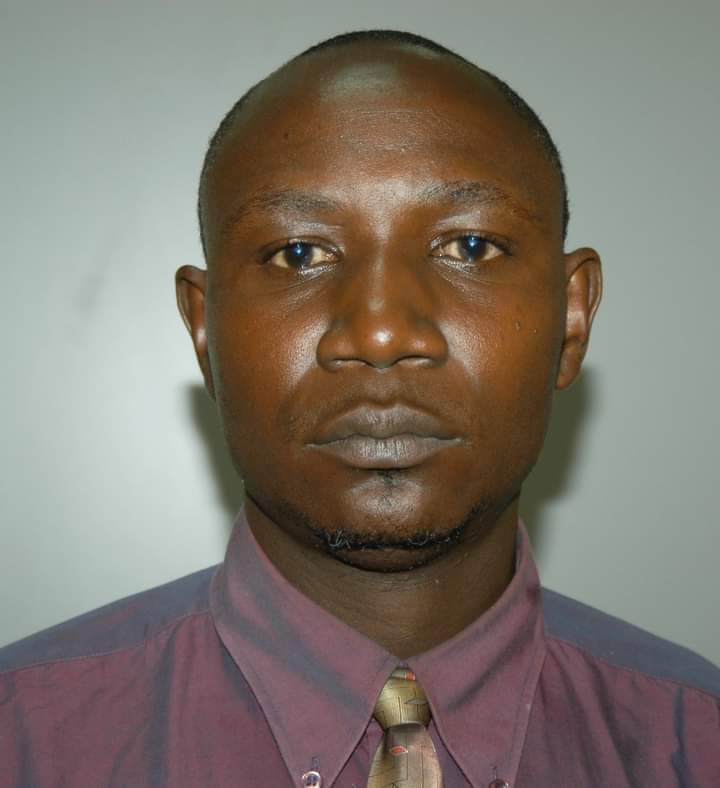By Stephen Lwetutte
LONDON-UNITED KINGDOM/NEWSDAY:
At the start of 2021, Uganda was still reeling from the November 2020 massacres of peaceful unarmed demonstrators and innocent bystanders. The opposition was being brutalised in the lead up to the January 14 2021 general elections and the people were living to a rule in fear. The country was in COVID-19 lockdown, whose restrictions were exploited by regime officials and hangers-on as the perfect cover and pretext misappropriate relief funds. The economy was in free fall and the development partners were apprehensive about the overall situation in the country. With a week left to the end of the year and practices of human rights abuses, corruption, economic mismanagement and authoritarian tendencies continuing to gain momentum, 2021 is set to go down into history as the year that brought the Museveni decay into sharp focus, exposed the sharp regime decline and decisively galvanised the conditions for its final collapse.
In unprecedented panic, Museveni massively deployed the army to contain his strongest yet challenger for President, National Unity Platform (NUP) leader, 38-year-old Robert Kyagulanyi during the campaigns for elections that took place on 14 January this year. The writing for Mr Museveni was clearly on the wall that in a free and fair elections, there was no way whatsoever that he was going to defeat the youthful contender. Mr Museveni announced publicly that he would be deploying crack troops fresh from Somalia for maximum effect.
The entire campaign trail took on a battle front image, and supporters of funded bullet proof gear for him, his team and entourage after repeated attempts to assassinate him. Many of his team were murdered. The massive national show of support for the NUP leader wherever he went on campaign rallies, scared the living daylight from the incumbent that he was forced to go native and intensify the repression against the opposition membership and campaign team.
To demonstrate that he meant business, President Museveni shuffled military commanders around, deploying the late Major General Lokech, formerly commander of the Ugandan contingent in Somalia, as Deputy inspector General of Police.He was given the brief for opposition stronghold of the capital, Kampala, and the adjacent Buganda region.
When Mr Museveni ordered for the arrest on 18 November 2020 of the NUP candidate at huge campaign rally in the Eastern District of Luuka, which precipitated large demonstrations across the region and beyond, Lokech’s response was swift and resolute The security services used live ammunition to indiscriminately shoot at peaceful demonstrators and innocent bystanders. The atrocities lasted at least two days, by when hundreds executions had been reported, although the official figures conservatively puts it at 54.
Thousands were rounded up in arrests and abductions, tortured, disappeared and incarcerated without following due process. This atmosphere defined the conditions under which the elections took place, yet the majority still did vote for Mr Kyagulanyi nationwide, amidst widespread intimidation by the security services and thinly disguised ballot stuffing. When, as Inspector General of Police, came under pressure to account for these crimes and he issued orders to subordinates to produce or explain the fate of the missing, he was ignored, but he subsequently died of a reported blood clot.
Mr Museveni, unsurprisingly, was declared winner amid national and international concerns and protest about the conduct of the elections. The United States called them neither free nor fair, and so did the European Union, and withheld recognition of the results, announcing that there would be serious consequences against those “individuals who interfere in the democratic process and,,,for those responsible for election-related violence and repression.” A report into the purported investigations by the regime demanded by Ugandans and the international community, which President Museveni said was ready several months ago, is still pending publication as we end the year, 13 months after the atrocities.
Despite the repressions and intimidation against dissent, opposition to Mr Museveni’s rule has continued to gather momentum throughout the year, rendering useless, ineffective and redundant all the methods he has used for the 36 years to cling onto power. Just the other week, on 16 December 2021, Mr Museveni was shocked to find out that he was headed for a humiliating defeat in central District of Kayunga, in a Chairperson by-election after the NUP incumbent died in mysterious circumstances, believed murdered on political motives.
He shed all pretences of transparency and fairness and ordered for open rigging of the vote which the NUP on course to win in a landslide victory. While Mr Museveni campaigned for his candidate, Mr Kyagulanyi was placed under house arrest and denied participation. In a further embarrassment to Museveni, Mr Kyagulanyi effectively campaigned from his detention to give a hard time to Mr Museveni and his entire Cabinet that open rigging was the only way left to secure a win for his candidate.
In a democratic country, Mr Museveni and his Generals would probably now be on trial for war crimes, crimes, crimes against humanity and the crime of genocide as stipulated by the 1998 Rome Treaty that established the International Criminal Court, and which Uganda has domesticated being, as it is, a dualist country (ie a jurisdiction in which international law has no direct effect without having to go through a process of domestication before it can be applied).
The United States has started and followed through with their threats for the first time since Uganda was classified as a US ally. As l wrote in my weekly column of 29 November 2021 of this publication, entitled “President Museveni: From a liberator to global leper!”, the Ugandan ally has imposed sanctions on individual Generals and officials implicated in the atrocities. Within a week of that column, Major General Abel Kandiho was slapped with personal sanctions, along with a dozen other individuals and entities in Iran and Syria, who are accused of being complicit in serious human rights abuses and repressive acts.
In September 2019, the US sanctioned another General, former Inspector General of Police, Kale Kayihura for his involvement in gross human rights violations. It is expected that many more Museveni confidants have been targeted without necessarily being informed or announced. Space for abusers is fast shrinking in the global Village and it is only time before they all account fir their acts. They are also now openly ostracising and sideling the regime in international events where in the past it would have been the first invitee from the region. Kenya is fast becoming the preferred and favourite partner for Western countries in the circumstances.
As the year comes to a close and the regime performing far worse than it did in January, the scene is set, agenda drawn and the work cut out for change forces in and outside the country. With corruption, mismanagement and human rights abuses endemic, the Museveni regime has completely lost ground locally and internationally as a result of the decades-long decay and decline, and it will be impossible to for it to covet ground and recover from it. There is not anything more they haven’t done that they can do to rescue the situation. Change is much nearer at the end of 2021 than it has ever been before.
The writer is a Multilingual Human Rights Practitioner, formerly at the International Secretariat of Amnesty International in London for over 20 years and now Legal and Human Rights Consultant.



